She completed her doctoral program at Central South University in China. She obtained her Ph.D. (Engineering) for the research on pattern recognition and intelligent systems. In 2003, she joined the Advanced Telecommunications Research Institute International (ATR). Since 2006, she has engaged in ultra-realistic communication at the Universal Media Research Center (which later was integrated into the Universal Communication Research Institute) at NICT. Since 2013, she has been working in the Brain Function Analysis and Imaging Laboratory, Center for Information and Neural Networks (CiNet). Currently, she is engaged in research and development of virtual reality (VR) and multisensory communication, and research aimed at elucidating the cognitive and neural mechanisms of cross-modal perception.
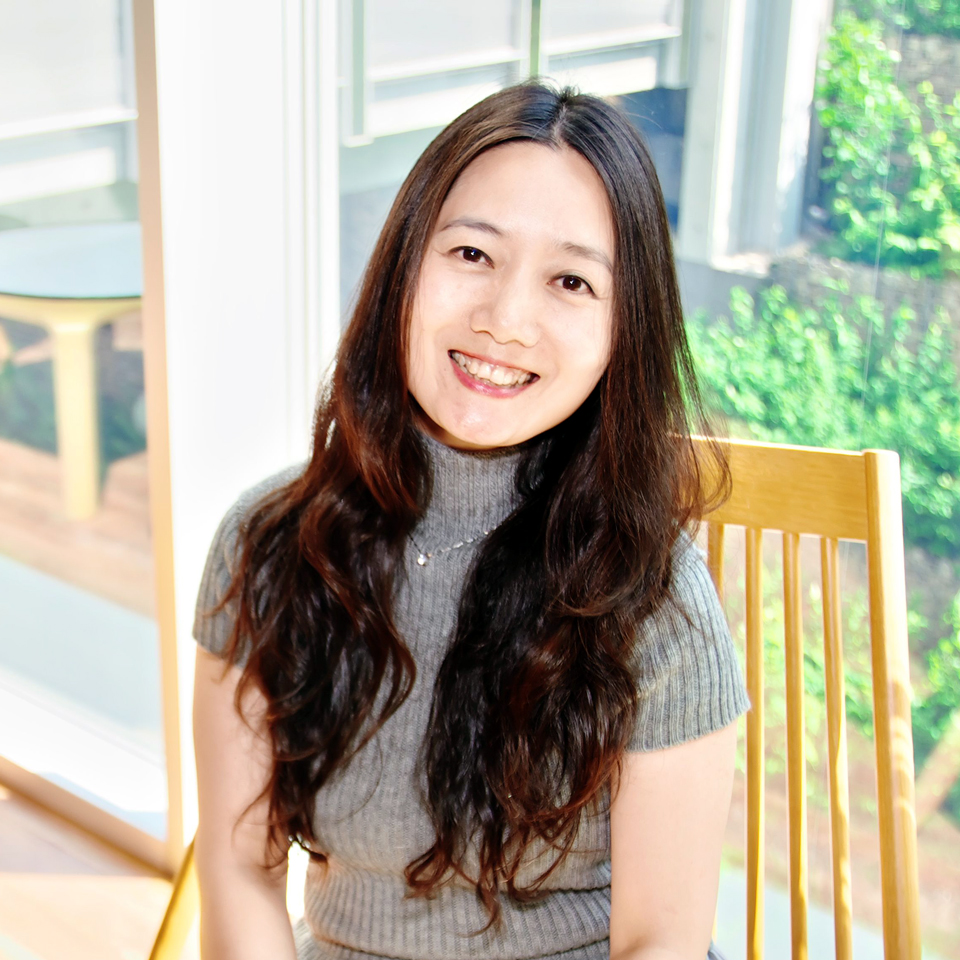
Born in China, I studied robotics at a university in China and obtained my Ph.D. for the research on pattern recognition and intelligent systems. At the university, I majored in automated control and cybernetics. My father was a metallurgical scholar and my mother was a mathematician, however, I moved on to a different field of study.
When I was in my third year at university, I worked at an iron foundry on an internship relating to my research on automated control. At that time, I had doubts about the movement of machines and I asked myself, "Can't machines become smarter?" This experience led me want to explore the possibility that machines can have an intelligence close to that of humans. Thus, I studied artificial intelligent (AI) systems at graduate school. I conducted research on the cognitive maps of mice and wrote a doctoral dissertation on the theme "Navigation of mobile robots." The dissertation discussed a method to enable a robot to navigate through an area in the same way that a mouse decides how to navigate by relying on its memory. In that research, information was collected by various sensors. Later, when I developed a system that expresses emotions with facial expressions at ATR, this research on the integration of the information collected by sensors was also useful.
Looking back, one of my favorite anime series was Astro Boy when I was a child. I do not know if it is because of that subconscious mind, but I entered university because I wanted to make a robot. As I learned more about robots, I came to want to pursue research on the robots' brain, which is their most sophisticated part. And here I am at NICT.
During my graduate school years, I started to interact with Japanese researchers through academic conferences and other activities. When I visited Japan for presenting my work at a conference, I experienced various types of Japanese culture and thought that Japan was beautiful, interesting, and fun. At that time, I also visited ATR, where one of my acquaintances worked. Then, I received a proposal to work there as a researcher.
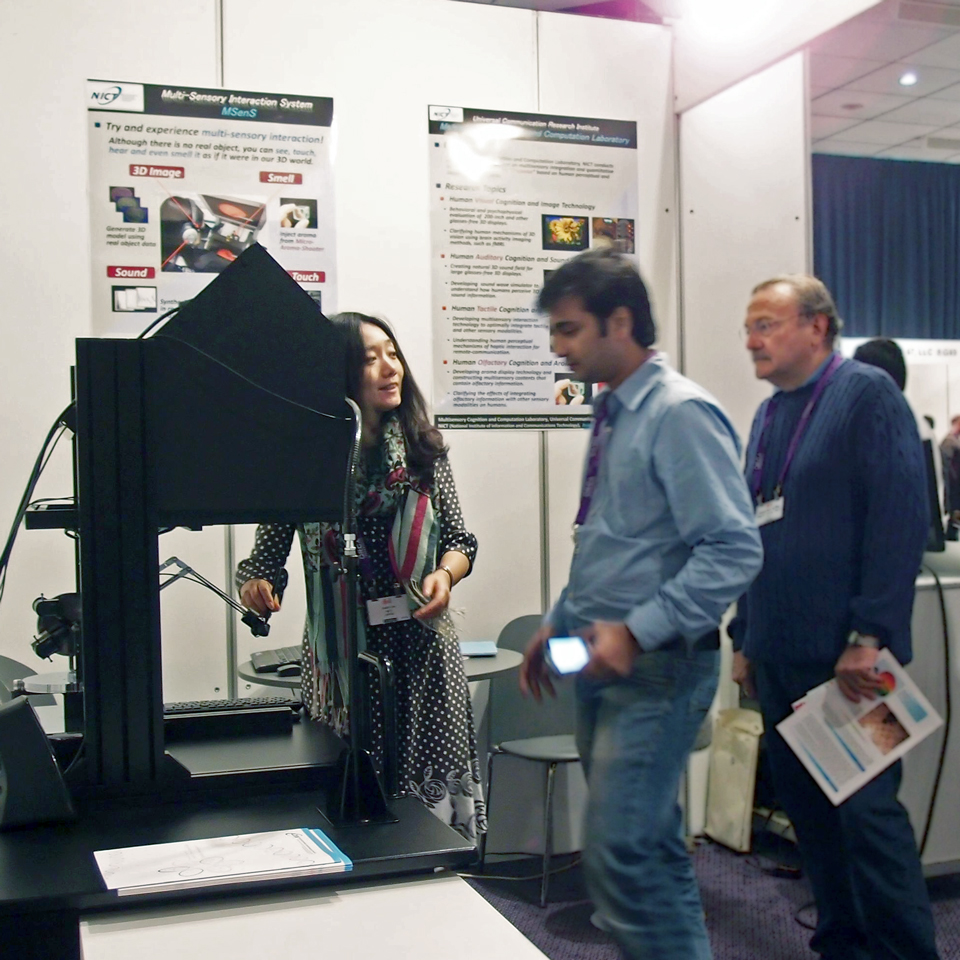
For several years, I engaged in a project at ATR, on machine learning and emotional arousal/expressing emotions. When it was decided that the project would end, I was told that NICT was recruiting researchers for their ultra-realistic communication project. I applied for the position and was hired. In this ultra-realistic communication project, I investigated various sensory mechanisms possessed by humans and explored the techniques to make humans feel the existence of something that does not exist in reality by artificially providing information to their sensation sensors.
In 2013, my laboratory moved to CiNet, however, I did not change the focus of my research. The multisensory interaction system developed using the results of the research conducted in the ultra-realistic communication project was presented at various exhibitions in Japan and overseas. I felt very rewarded to see that many people were surprised at and enjoyed the virtual world that we had created. I realized that science and technology can greatly move people's hearts. In the future, I would like to conduct research that has a further impact on people's lives.
At NICT, you can achieve such goals by participating in large-scale projects. Meanwhile, NICT is a national research institute. Thus, one of its biggest appeals is that we can conduct research in a very stable environment. Now, it has been more than ten years since I became a researcher in Japan. Here, it is important to clarify your goals and those of your organization. My current research theme is the brain. Through this research, I think that I can provide feedback to engineering using science. To that end, I feel that it is essential to expand my own research field and position it appropriately within the organization, without changing the focus of my research.
A system comprises input and output devices and a robot consists of sensors and actuators. Just like that, the human brain also consists of these elements, but the intelligence inside is human intelligence rather than artificial intelligence. By studying both, I find new knowledge in respective fields. I have no hesitation in entering a new field of research.
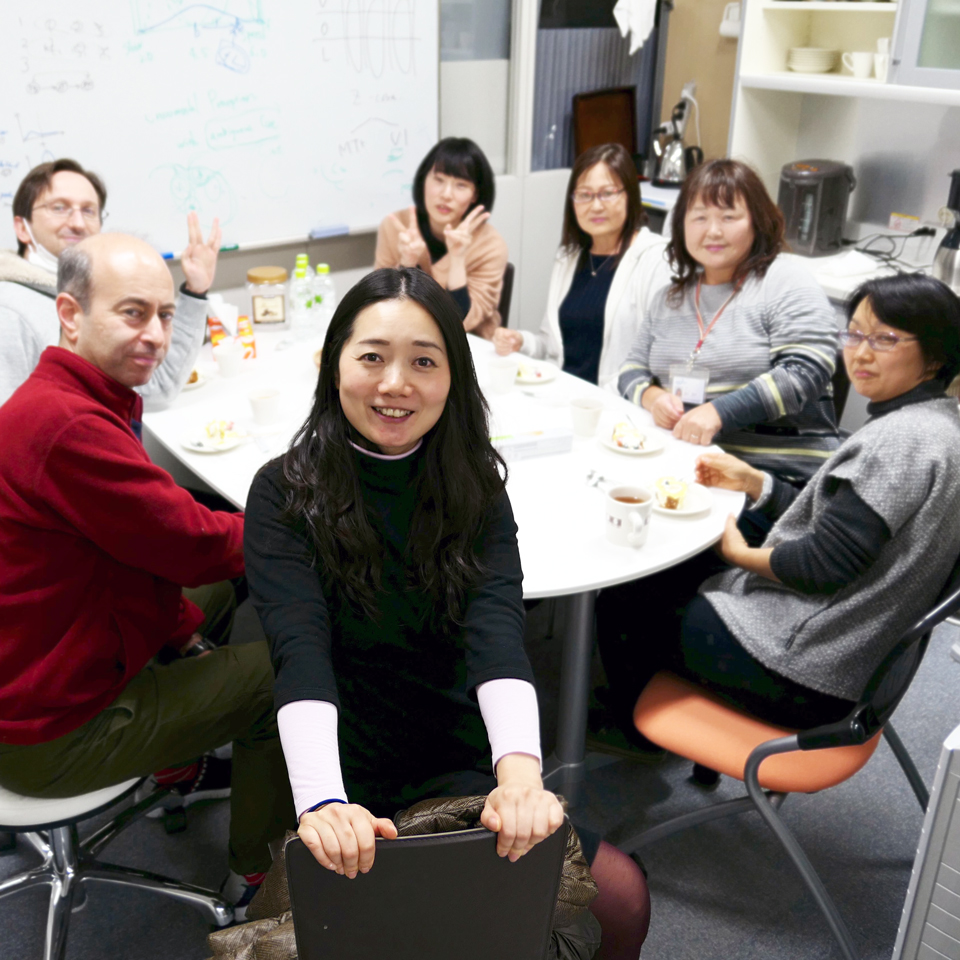
Photo taken at 17:38 on December 27, 2018
Regarding the question whether a non-Japanese researcher can work comfortably at NICT, the issue is that the Japanese language is basically used as the communication language here. However, we have now become able to read various rules in English by utilizing NICT's translation technology. Meanwhile, I feel reassured because the administrative staff members kindly support non-Japanese as well. In our laboratory, we regularly have what is called a "cake time." During that time, researchers and administrative staff members communicate each other with a smile, regardless of nationality, placing importance on the consideration for each other.
Now, in 2021, our society has greatly changed because of the COVID-19 pandemic. Under such a situation, I must address a new challenge—contributing to society more quickly through ICT by using my experience in the ultra-realistic communication project. For this purpose, I am conducting research on communication methods using new technologies such as virtual reality and mixed reality. In the era of New Normal, remote communication becomes more important. I would be honored if my research would be useful in this time of change.
In my research, I investigate the human somatosensory system and the integrated characteristics of visual and audio stimuli through behavioral experiments and the measurement of brain activity. Then, I use the knowledge gained in the research to develop human interface technologies. Additionally, I plan to expand this research to develop new communication systems. Particularly, I focus on developing core technologies for realizing the next-generation remote communication and control, such as 3D modeling technology, haptic information presentation technology, and multisensory integration technology. The goal of my research is to clarify the characteristics of multisensory processing that can be computationally modeled through human psychophysics, brain activity imaging, and virtual reality/robot systems, and then make full use of these mechanisms.
Meanwhile, such research and development is related to many research fields. Until now, I have been conducting research at CiNet and the Universal Communication Research Institute. Currently, I also promote collaboration with research institutes in other fields. To protect and secure the world of virtual reality from attackers, the latest cybersecurity knowledge is required. Thus, I will cooperate with the people of the Cybersecurity Research Institute, the Radio Research Institute, and the Network Research Institute to develop better devices. NICT comprises various research institutes. Thus, we can expect to find strong internal partners and produce synergistic effects together within NICT.
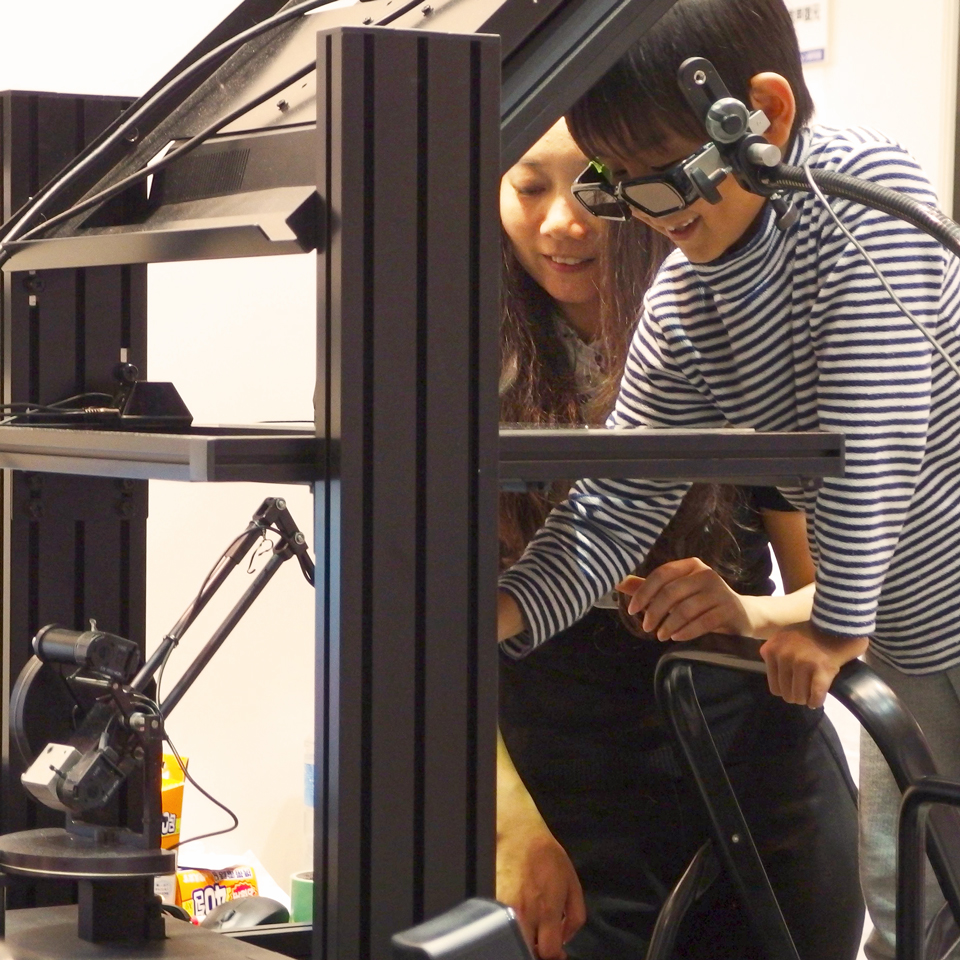
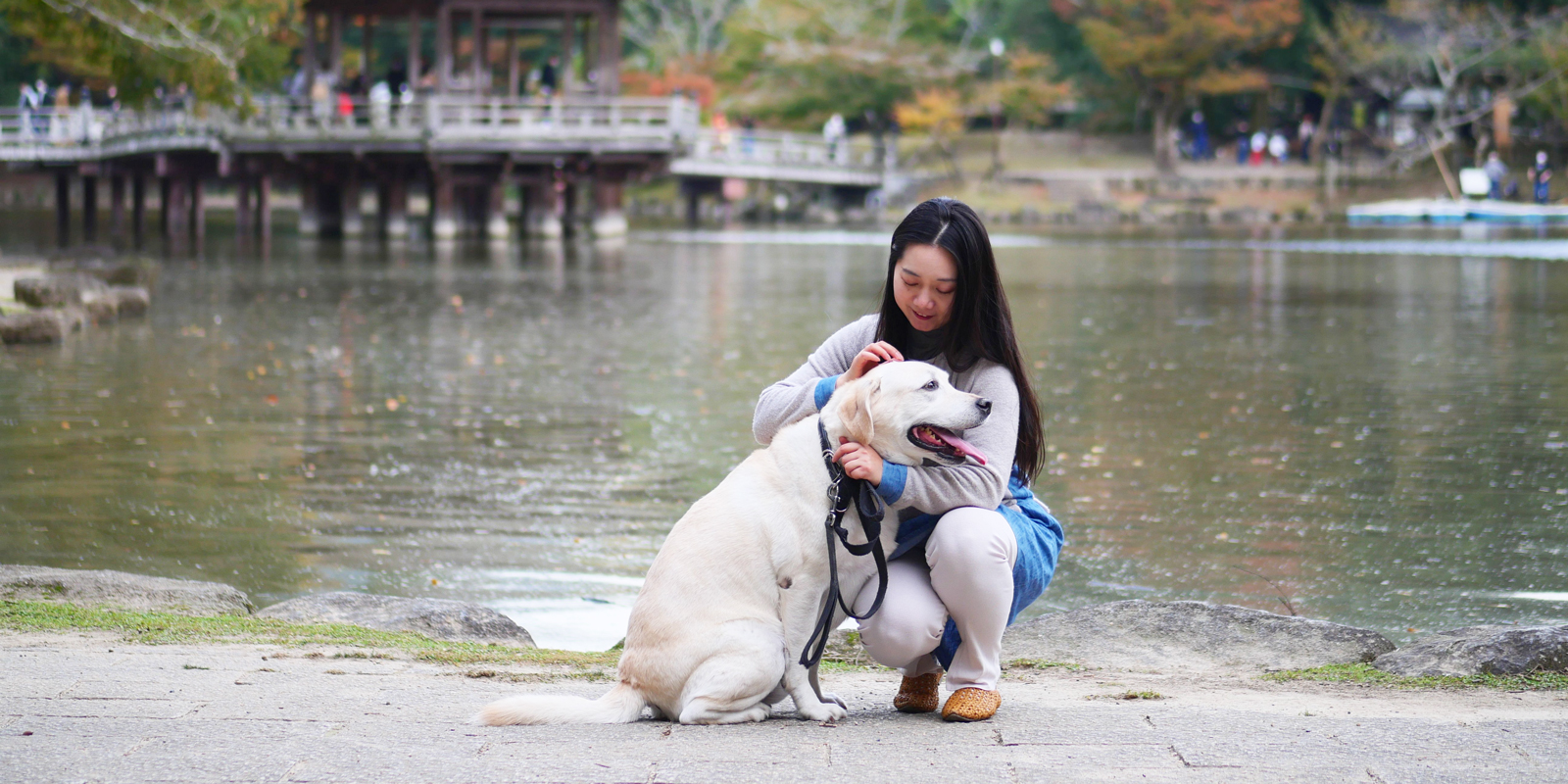
Because I mostly do desk work, I try to stay active on weekends, by playing golf or other activities. I like playing golf, because I can play it in a group. I think it is nice that everyone enjoys communication, caring for each other. Also, I enjoy many other hobbies, such as ballroom dancing and horse riding. However, what I love most are my pets, one dog and four cats, that provide healing for me. In the relationship with pets, I think it is important to use multisensory communication such as touching, not just words.
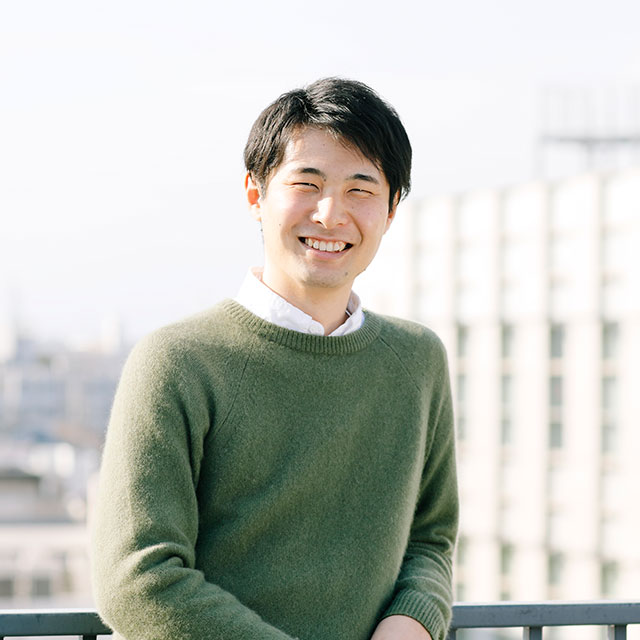
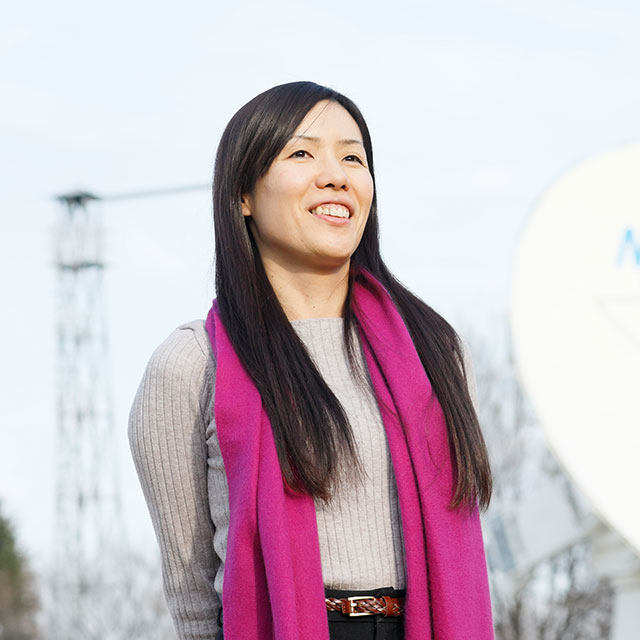
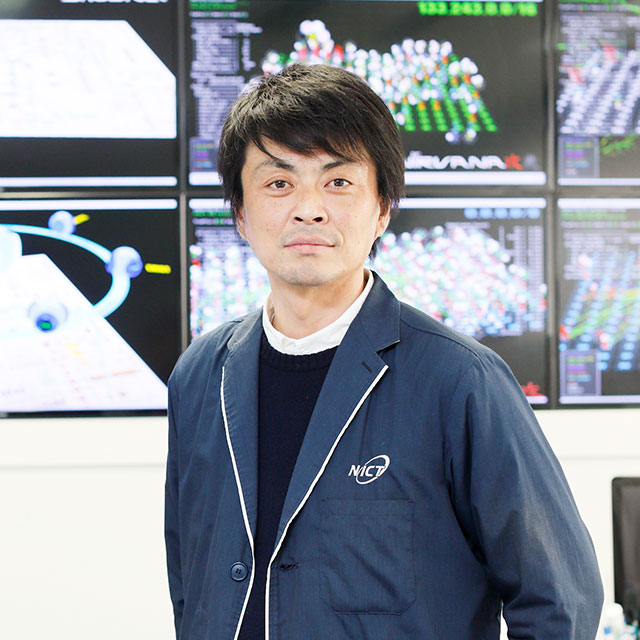
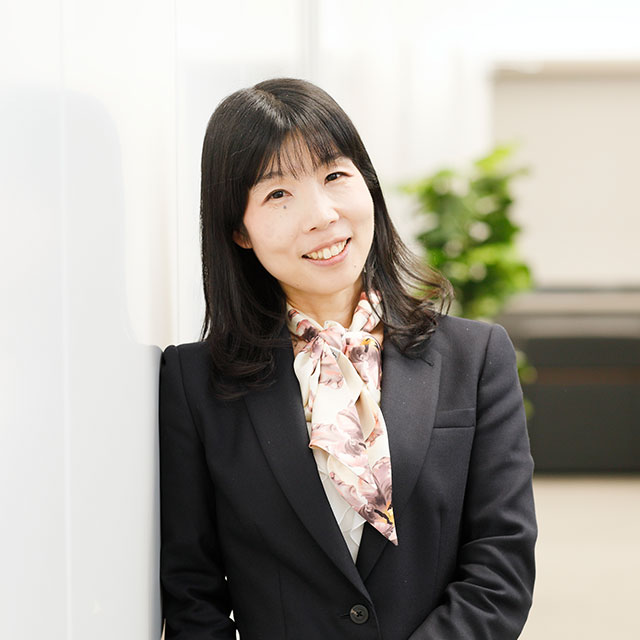
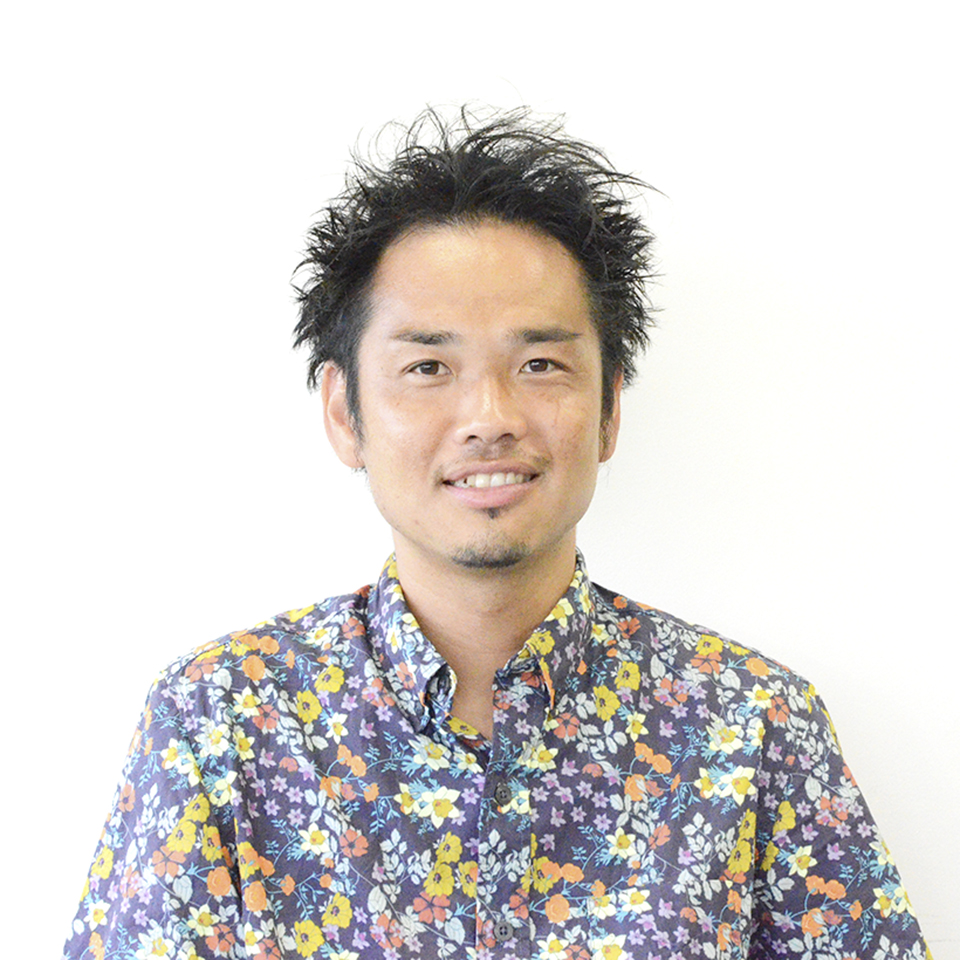
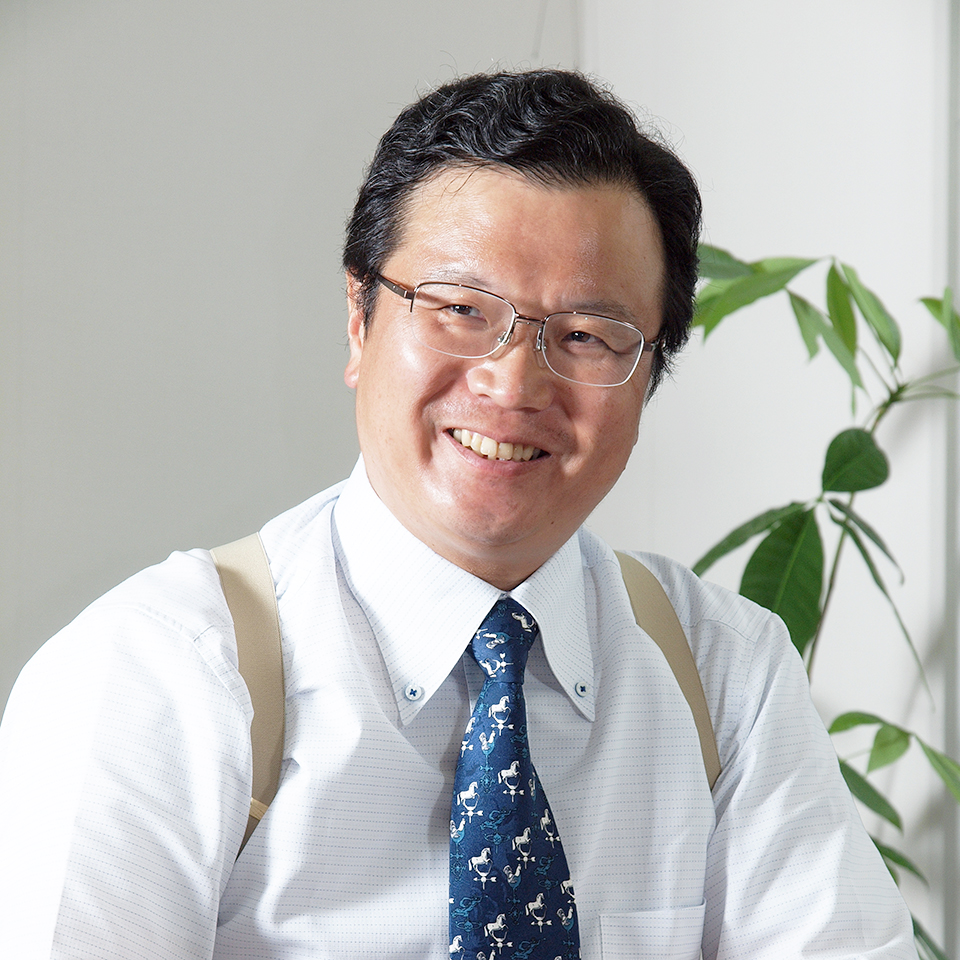
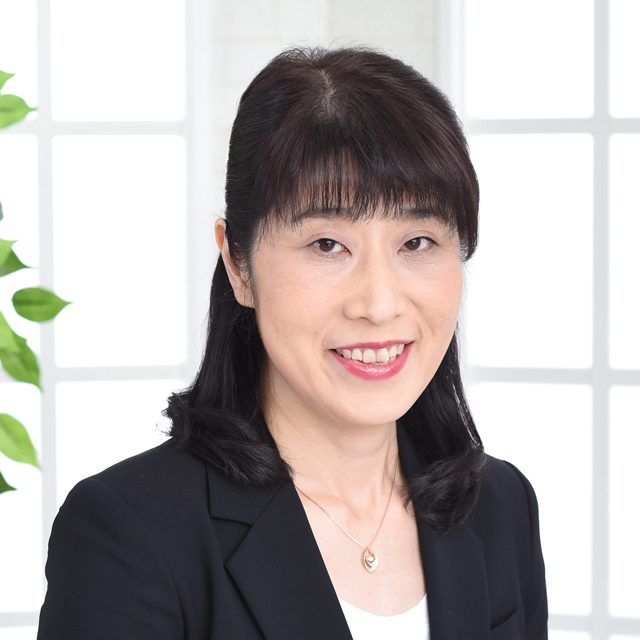
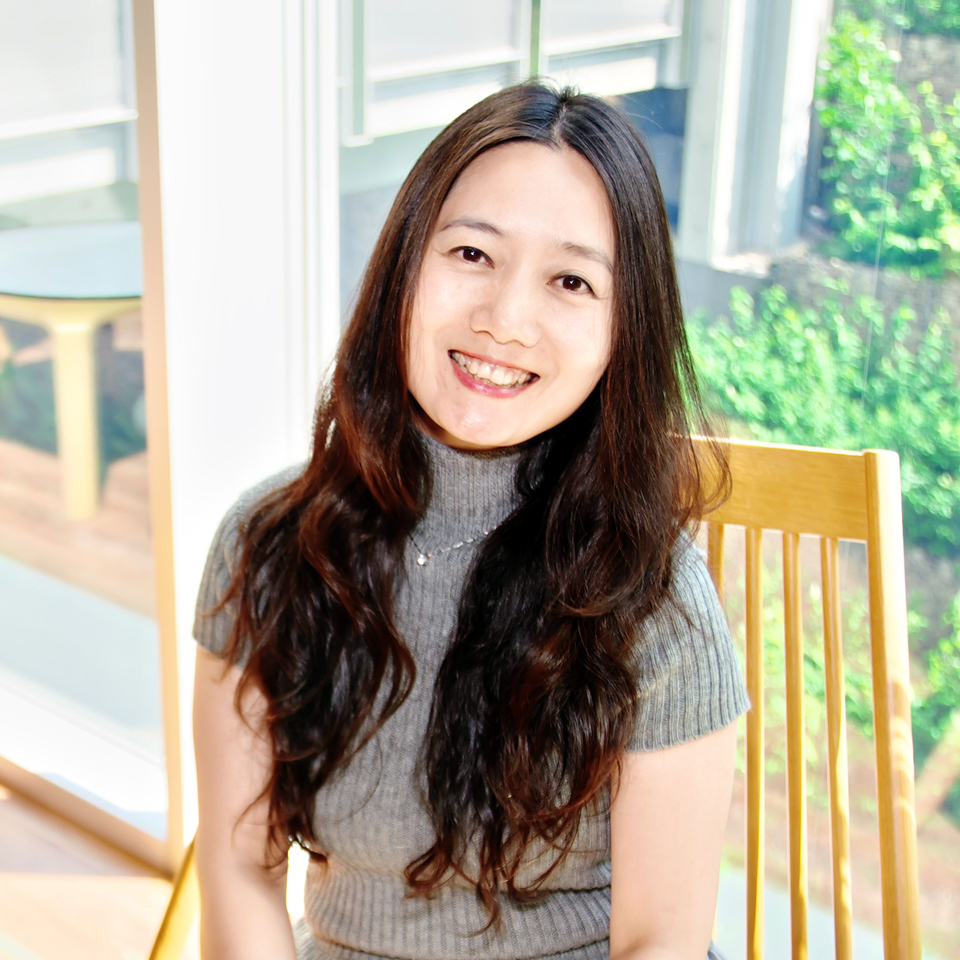
If you have any questions regarding recruitment, please contact us below.